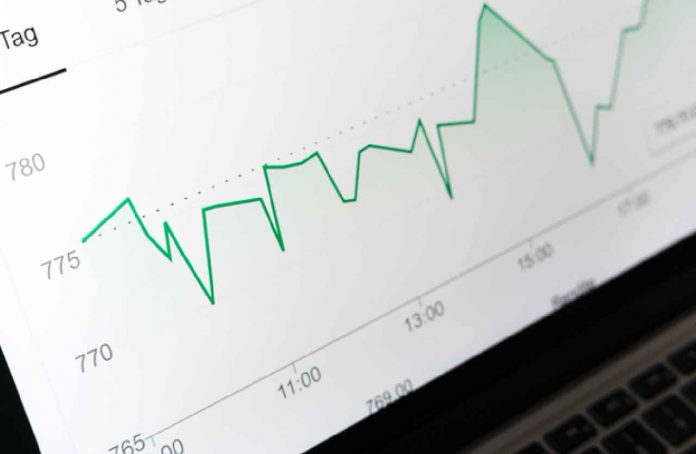One of the leading Forex brokers in the world, IC Markets is popular among both professional traders and beginners. While experienced traders praise its wide choice of available instruments, low spreads on special Raw Spread accounts, and speeded-up execution of orders, novices pay more attention to educational materials and deposit limits. In this Traders Union article, we’re going to present what our analysts have found out about the deposit threshold and other conditions offered by this broker.
About IC Markets
Even if you don’t know much about this broker, you’ve probably heard about it already. IC Markets is a group of companies specialized in providing access to financial markets all over the world. Founded in 2007, it’s now considered one of the largest brokers globally, and many novice Forex traders choose it among the competition for its exceptionally attractive trading conditions and low fees. IC Markets is an Australian-based company, but it’s regulated by many different authorities around the world.
We’re not going to get into analyzing all the broker’s features now (you can learn more in this Traders Union article), but it is rather important to know its main pros and cons before proceeding further. The broker is well-liked by traders for its tight spreads and relatively low fees, quick order execution, great copy trading options, and support of most trading strategies, such as scalping and hedging. However, weekend trading isn’t allowed, and withdrawals are pretty slow: transactions take up to several days.
Anyway, one of the most important aspects of a broker’s conditions each novice trader considers is its deposit requirements: after all, most beginners don’t want to invest too much at once. Let’s take a look at how IC Markets minimum deposit works and what else the broker can offer.
Minimum deposit
While most brokers focused on novice traders tend to lower their deposit threshold, IC Markets seems less novice-friendly in this regard: you need to deposit at least $200 to start trading, and that may be a serious amount of money for some traders. The broker doesn’t provide welcome bonuses as well, but you can always use a demo account to test trading conditions and learn. According to Traders Union surveys, lots of novice traders open real accounts after testing the broker’s conditions, but it is still up to you to decide.







